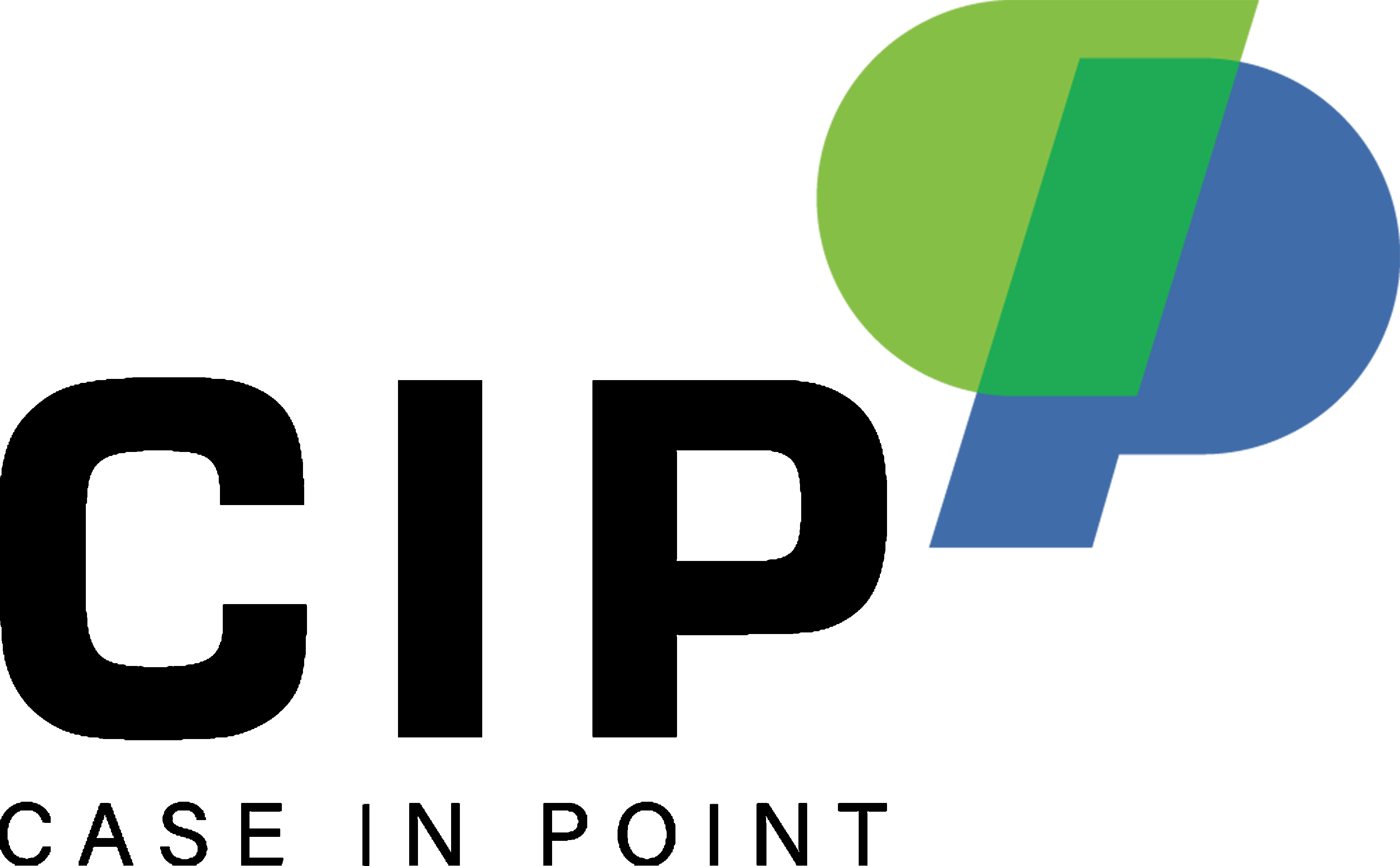“I don’t have Steve Jobs’ crisp view of the future, but I have a direction. If we’re moving fast enough, I know we’ll eventually get there.” —CEO of Spotify Daniel Ek to Forbes
This quote by Daniel Ek shows that you don’t have to emulate Steve Job’s way to success to get somewhere with your company. Every CEO of our decade runs their businesses very differently from each other. If business success were as easy as copying another successful CEO, we’d all be swimming in millions upon millions of dollars by now. Ek doesn’t even have a clear vision of the future—all he knows is that he has a goal, and therefore, a direction. And what he wants is to find means to advance towards the goal swiftly enough so that he eventually gets there.
Every expert on the internet has expressed the importance of adopting and transitioning to agile thinking time and time again even before the pandemic. Creating blueprints for your company’s strategy that can withstand the constant change in the market, embracing uncertainty, and trusting your judgment based on your analyses and constant observation of the market all fall under the umbrella that is “agile thinking.” And if we want to gain profit no matter what state the business market is at, we need to be prepared and ready to think fast whenever hardship strikes and be willing to embrace change if a change is needed to ensure the company’s success—that’s agile planning.
“There was another, much bigger market—businesses. What Squarespace and GoDaddy did for websites, we could do with video.” —CEO of Vimeo Anjali Sud to Forbes on growth opportunities for Vimeo
When Anjali Sud had her hands trying to figure out a solid identity for the then long-forgotten platform Vimeo, she decided to take a look at what isn’t working and find out what does. Vimeo started as a rival to YouTube, but after Sud saw that there was a different, untapped market for business owners and professionals that YouTube wasn’t exactly serving, she set out to turn Vimeo into a platform that caters specifically to that audience.
Sud wouldn’t have gotten to that conclusion if she hadn’t been willing to explore what was lurking outside the video streaming scene, once she was brave enough to think beyond what she already knows, she was able to revive Vimeo and turn it into a six-billion-dollar business.
Moral of the story? Always be on the lookout for gaps in the market. If you’re working in a market that’s way too competitive, there’s always going to be a large portion of consumers that are being overlooked that no other business is taking notice of. It’s easy to get too involved with today’s “trends” in business and take the safe route by catering to a market that’s already booming, but it’s worth going outside the box every once and a while and thinking, “who else—other than the target consumer’s we’re serving—can benefit from our product?”
Who knows? Maybe, like Vimeo, you’ll find a much larger, bigger market than the one you’re already serving that you can target as well.
“To serve the sellers, you need to obsess over the buyer experience.” —CEO of Etsy Josh Silverman
Etsy is a little different from your typical retail giants like Amazon or Target; at Etsy, they’re all about selling and distributing handmade, vintage items. Silverman seized the opportunity during the pandemic, not exactly the time you’d think would spark any kind of innovation from anyone. However, due to a higher number of people working remotely during that time, people were looking for ways to enhance their at-home experience by creating spaces that suit their needs, whether it’s a teacher wanting to mimic the energy of a classroom during her Zoom calls or a business professional hoping to create a more comfortable office space at home. Silverman bet that now, more than ever, people were hoping to find antique goods that would give them the enhancement that they needed in their homes, but he didn’t stop there. As his quote suggests, if you want to sell, you have to think about enhancing the user’s experience to get them to enjoy the shopping experience on Etsy.
Silverman integrated AI and other useful marketing tools into the website to create a cutting-edge experience for both their sellers and buyers. The result? Etsy’s sales shot up 111% during 2020—something no one believed was possible during such a difficult time in business history.
This comes to show just how powerful AI can be for both streamlining customer experience and also making your teams at your company work quickly and efficiently without sacrificing quality. It’s never a bad idea to harness the power of AI and introduce it slowly to your company, given that whatever tool you’re using will make a difference in your company processes. Do it right, and your AI tools can put you in the same league as the business giants themselves.
“[…] I think productivity in the future is going to be much more a measure of results, rather than activities.” —Andi Owen CEO of Herman Miller Inc.
The CEO of the furniture company Herman Miller Inc. is a great wrap-up to this article—stop measuring productivity by the number of hours you or your employees worked; measure productivity according to how much closer you’re getting to your goals. What’s one, very effective way of doing this? OKRs, short for Objective Key Results. This framework of performance management simply states that your goals should be measurable, attainable, clear, actionable, and should be reviewed regularly.
Owen is telling us just how important it is to measure productivity right, and not by the number of hours worked, which doesn’t always give us a clue as to how much closer we are to our ultimate goal.

